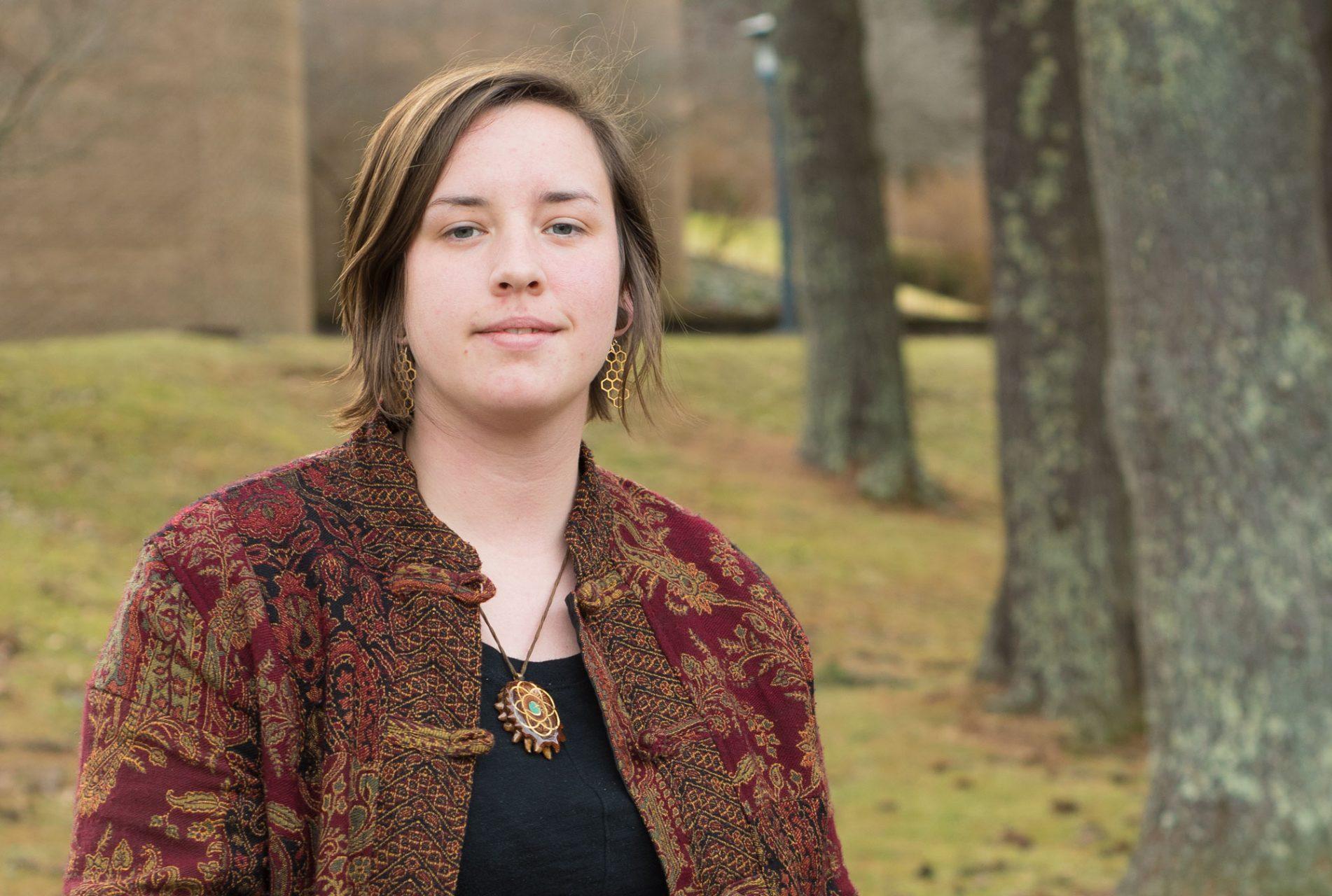Music therapy students at Appalachian are being thrown into a rigorous course of study today in order to revolutionize therapy for tomorrow.
The history of music therapy can be traced back to the days of Aristotle and Plato. According to the American Music Therapy Association, the practice of utilizing music to affect health and behavior became a profession during World War I and II, when the effects of music helped veterans who were suffering from physical and emotional trauma.
During times of hardship, musicians of all types, whether professional or amateur, played as a form of therapy for others. Today, students with a concentration in music therapy are taught a wide range of practices that utilize music in order to help others who may not be able to turn to other forms of medicine.
For many students studying music therapy at Appalachian, music is a constant in their lives and has been since childhood.
Morgan Brazeau, a senior in the music therapy program, said, “Music became a large part of my life in middle school and high school, although I never saw myself pursuing it professionally.”
It was not until Brazeau entered college that she learned about the many advantages of music, such as utilizing it to improve social skills, academic skills, relaxation, emotional processing, etc.
“Music therapy can meet people wherever they are that day,” Brazeau said.
Throughout her career, Brazeau worked with preschoolers on language skills, adult mental health at a local hospital and with adults from Watauga Opportunities, which is a non-profit social enterprise that provides vocational, community and residential opportunities to individuals with barriers.
Some students currently use music as their own therapeutic escape from their daily stressors. Although, not all students know that music can do more.
Dominic Rivera, a senior political science major, said, “I use music to relax and forget about what stresses me out such as work, school and family issues. I wasn’t aware that music could be used medically. I thought it was more for personal entertainment than anything else, but I guess I can see how music can be used therapeutically because of its profound effect on me and my quality of life in general.”
The music therapy program follows the requirements set by the American Music Therapy Association for certification to practice as a music therapist. Because of the strict requirements aligned by AMTA, the program requires completing required coursework and supervision, as well as a six-month internship in order to accumulate clinical hours, before taking a board certification exam.
Through their coursework, students will begin practicum as early as their second year.
Mekaila Holly is a junior in the music therapy program and is setting her sights on working in a neonatal or pediatric intensive care unit, caring for sick infants and children.
Because the field of music therapy is competitive and diverse, practicum is a tool utilized to help prepare students to be ready for many fields within therapy.
“Each semester, our site population and location change. So one semester I may work with children with various special needs. Another semester I may work with older adults with neurocognitive disorders,” Holly said.
Another student, Caitlin Collin, is working towards her master’s degree at Appalachian after studying music therapy as an undergraduate at Florida State University. After obtaining her undergraduate degree with a certificate in Special Music Education, Collin quickly moved into the field.
Collin became the music teacher at an elementary school in Florida that did not provide services for students with varying levels of intellectual disabilities. There, Collin provided music lessons to a student who was part of a program provided through the county’s hospital/homebound school where teachers would come to students’ homes or hospital rooms to fulfill their education plans.
“I noticed that this student engaged with musical stimuli more wholly than to speaking voices or other noises. I felt that this student’s quality of life was enhanced through her engagement with music,” Collins said.
Collin said this experience directly impacted her choice to pursue music therapy for a master’s degree and has encouraged her to bring music therapy services to more school systems.
Some students also want to encourage conversations about mental health and using music as an alternative to mainstream methods of therapy and medicine.
Sarah Reinke, a senior music therapy major, said, “I think one of the big things about music therapy, because a lot of people don’t know what it is, is that the purpose of it is not to teach music, it’s to use music as a therapeutic tool. If you’re taking medication, that is a dosage that will fix a certain thing. But with music, if someone wants to be super reserved and only get a little out of it, that’s all they’re going to get.”
Story by: Savannah Nguyen, A&E Reporter
Photo by: Halle Keighton, Photo Editor
Featured Photo Caption: Senior music therapy major Sarah Reinke sitting outside the Hayes School of Music building. Along with her studies at App State, Sarah is also the lead singer in the band Urban Soil.

